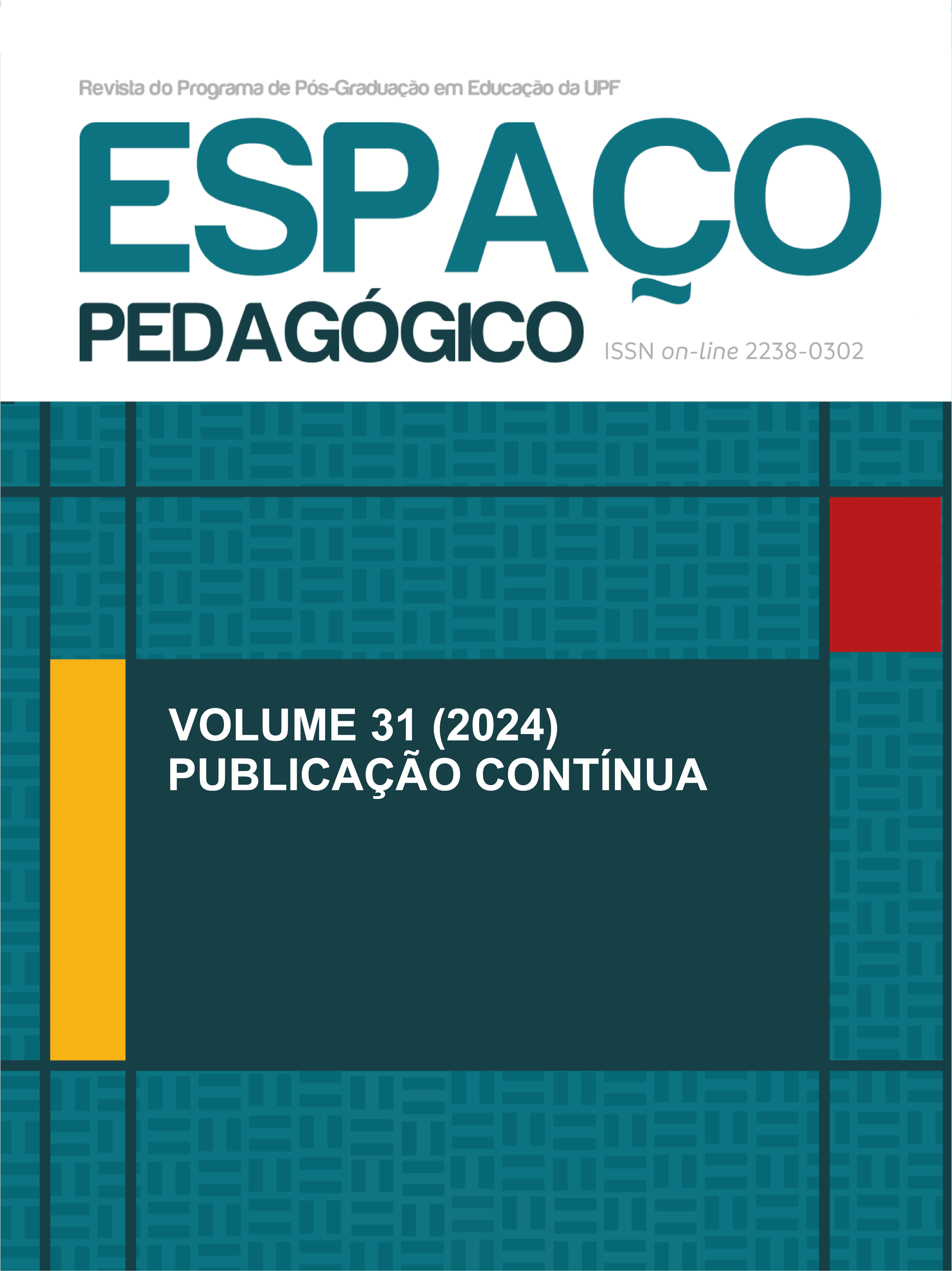Reflections on child, childhoods and body
Dialogue with the educational process
DOI:
https://doi.org/10.5335/rep.v31.16041Keywords:
child; infancy; body construction; culture; educational phenomenon.Abstract
The understanding of children, childhoods and the body as historical, cultural and social productions, which have occurred from the field of human and social sciences, puts tension on the educational phenomenon. Assuming these understandings, this essay aims to reflect on the transformations in the conceptions of children, childhoods and the body in dialogue with pedagogical work. This is a theoretical-bibliographical study, of a critical-reflective nature, which takes the themes mentioned as references. The text initially makes an incursion into the understanding of children and childhoods and, subsequently, addresses the construction of bodies as a way of being marked by the scope of culture or of the body as a symbolic production. It is argued that ontological-epistemic revisions in the conceptions of children, childhoods and the body are prerogatives for thinking about the educational phenomenon, since these concepts are dialogical and complementary categories that require to be known and recognized as essential by educators in the pedagogical work of children.
Downloads
Downloads
Published
Issue
Section
License

This work is licensed under a Creative Commons Attribution 4.0 International License.



